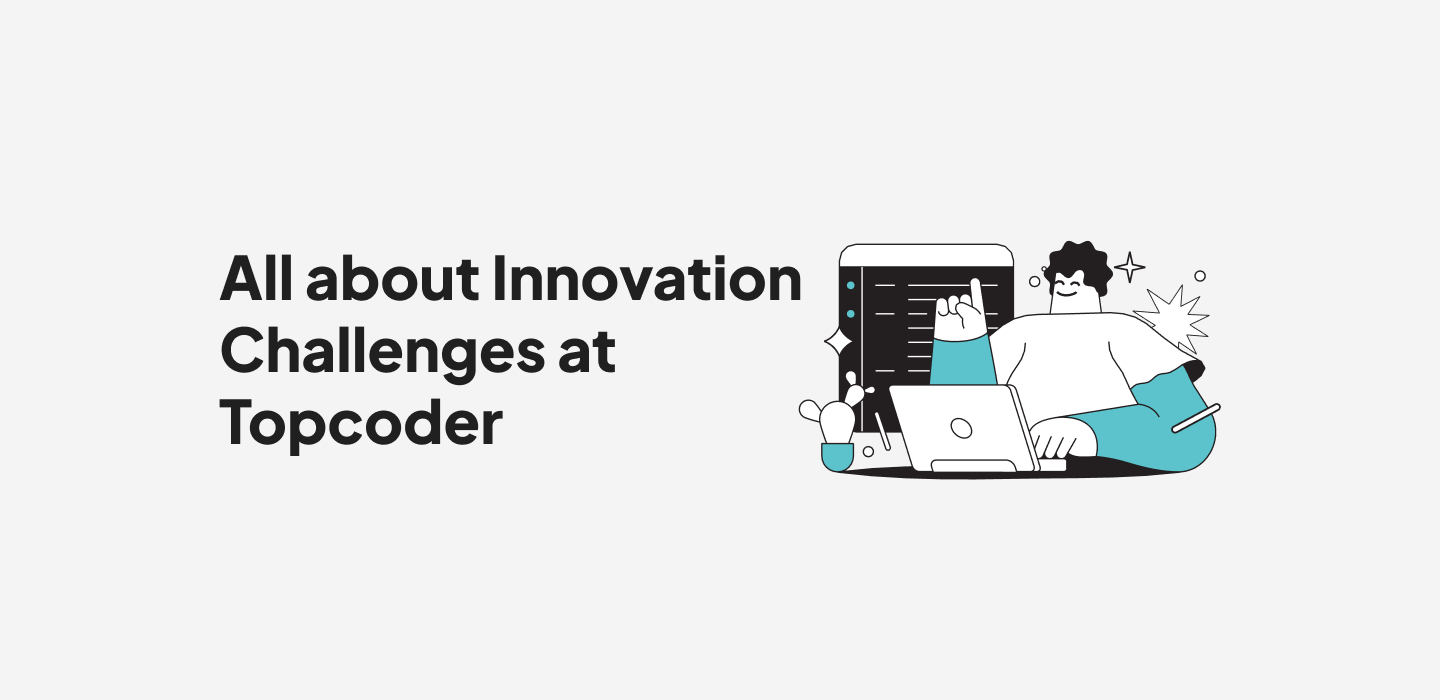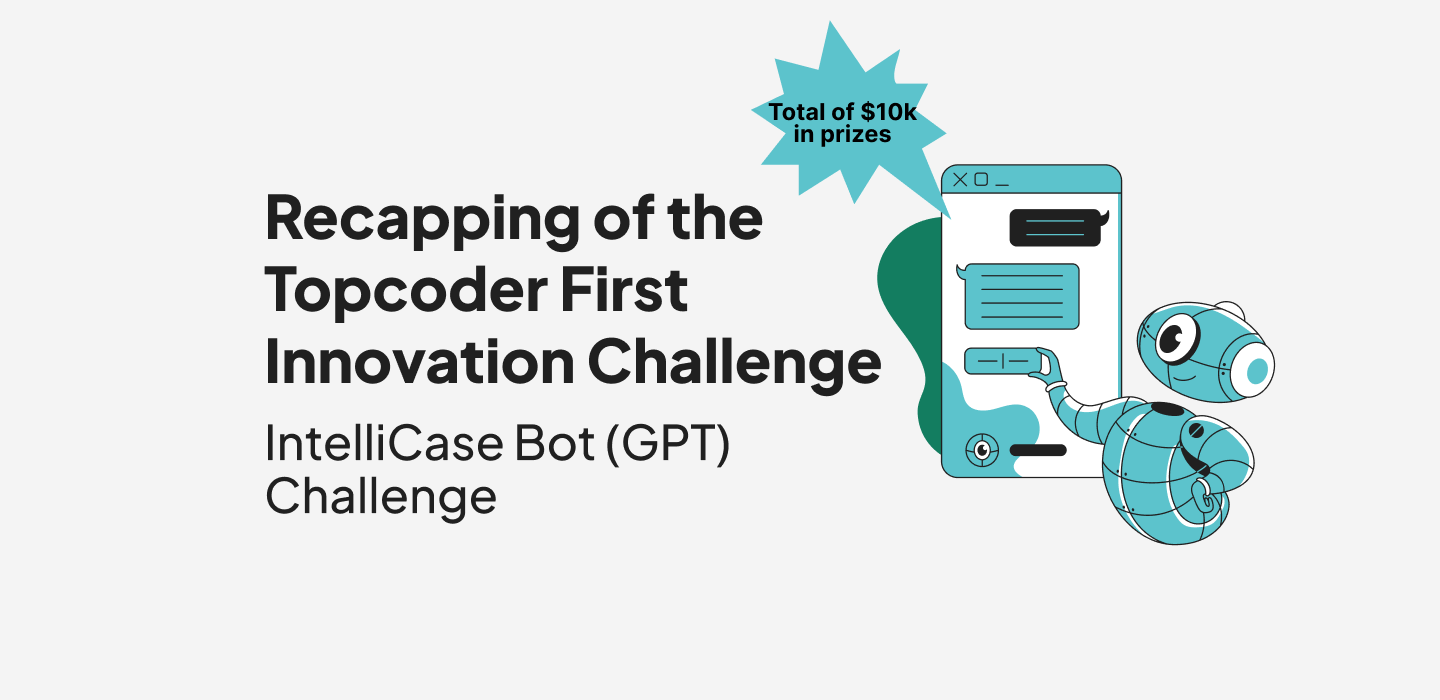April 18, 2019 Harvard and Topcoder Seek to Disrupt Cancer Delineation, Impacting Millions
Read the official JAMA Oncology Research Paper
The Topcoder community tackled complex data analytic challenges before the term crowdsourcing was coined by Jeff Howe in 2006. During those years, our community of data and computer scientists handled projects aimed at increasing the quality of people’s lives, detecting risk in big business, and exploring the vast wonders of space. All of these projects share one common thread; they make use of our deep well of motivated and intelligent data scientists to tackle real, complex problems.
The second leading cause of death in the United States is cancer. Among those cancers, lung cancer claims over 150,000 people’s lives every single year. Recently, Topcoder joined forces with Harvard to tackle one of the most ambitious healthcare initiatives ever undertaken in the crowdsourcing world… Creating and testing automatic delineation algorithms to help improve treatments of cancerous tumors in patients’ lungs.
The Harvard Tumor Hunt: Background
Manual tumor delineation — the measure of treatment field borders of tumors — is a time-consuming and complicated process. Among other pain points, it introduces individual bias as well as person-to-person inconsistencies. For radiologists, tumor delineation continues to present a significant challenge towards providing superior local control of radiation treatments.
The Topcoder Harvard Tumor Hunt aimed to produce an automatic tumor delineation algorithm that met the accuracy of the average radiology expert but exceeded them in both processing speed and consistency. These three challenges produced an algorithm that provides real, substantial tumor delineation results without individual bias and expert-to-expert inconsistencies.
The Harvard Tumor Hunt: In Action
The Harvard Tumor Hunt utilized our marathon challenges system. This system is a Topcoder staple used to work on complex problems afforded by technology. This marathon ran in three stages. In each of these stages, competitors wrote code, computed data, and submitted their results over a multi-week timeframe. Each piece of code and computed data received a score. From there, the scored submissions appeared on Topcoder’s community leaderboard.
The Harvard Tumor Hunt: Stage 1 + 2
The first stage of this marathon challenge involved producing an automatic delineation algorithm that was as accurate as experts in the field. During this stage, 31 competitors from various countries (e.g., United States, Bulgaria, Poland, Brazil, etc.) participated in creating a real, actionable algorithmic solution that can be applied on a grand scale.
In the second stage, 11 competitors worked to target the credibility of that algorithm by pairing it with expert feedback to train the algorithm to avoid mistakes that experts wouldn’t make. A final, private challenge tasked five privately selected Topcoder members to incorporate final feedback from physicians and experts.
The prize pool provided by Harvard — via Harvard Catalyst and Laboratory for Innovation Science at Harvard — was $50,000. The prize was split among contestants based upon final scores, which were representative of their work and solutions.
The Harvard Tumor Hunt: Results
In the end, the Harvard Tumor Hunt brought 31 of Topcoder’s best and brightest data scientists together to create an actionable solution that could potentially save lives and breed superior practices into cancer treatment and identification. These cost-effective crowdsourcing competitions can help businesses, universities, and non-profits garner tangible results through crowdsourcing that can make an impact on the world and people’s lives.
Cancerous tumor delineation is a critical part of the cancer treatment process. By accurately detecting the size and scope of cancerous tumors, radiologists can maximize the impact of treatment on cancerous cells and minimize its impact on non-cancerous tissues — as well as accurately determining the correct treatments options for in-need patients.
This challenge helped create an algorithm that was successful at both rapidly and automatically delineating cancerous tumors. Better yet, it did so with the same level of skill as experts.
Topcoder and Harvard: Continued Success
The Harvard Tumor Hunt is one of many projects resulting from a co-partnership between Harvard and Topcoder. From computational biology to precision medicine, Harvard and Topcoder have created an atmosphere of continuous progress and success in the fields of medicine, biology, and technology. Our partnership with Harvard’s Crowd Innovation Lab has been the catalyst for some of crowdsourcing’s most sophisticated and far-reaching successes.
For more coverage discussing this crowdsource-powered breakthrough visit these links:
ZDNet Coverage: Researchers find crowdsourcing, AI go together in battle vs. lung cancer
Harvard Business School: Open Innovation Contestants Build AI-Based Cancer Tool
Docwire News: Crowd Sourced AI Can Detect Cancer in Patients
Fortune Magazine: Eye on A.I.— How to Fix Artificial Intelligence’s Diversity Crisis
Ready to solve your data science problem with Topcoder?
Andy LaMora
Global Director, Data Science, Analytics & AI


